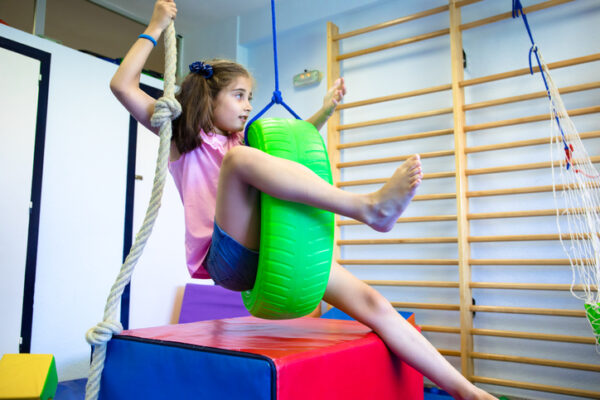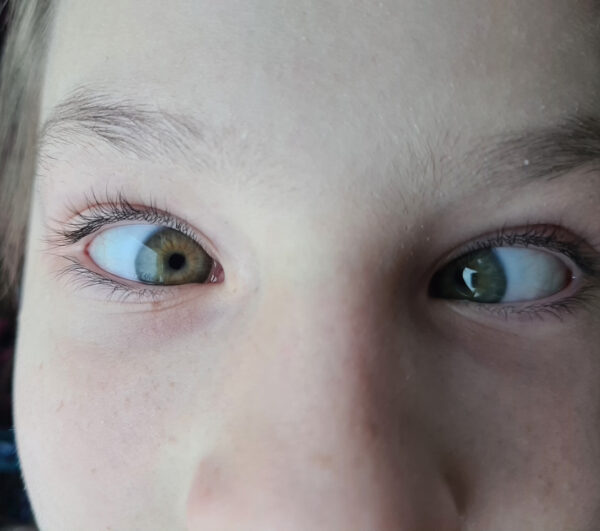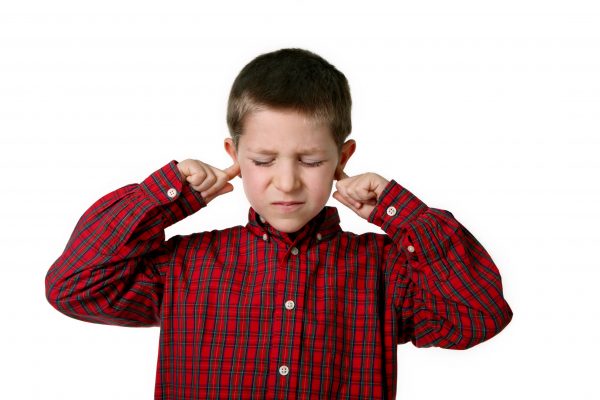Invest in Your Professional Growth and Save
Exclusive offers for first-time registrants, loyal customers, group rates and bundled courses. Interested in hosting a CEU course? Train your team at a discounted rate while earning credits.
Live Webinar for Therapists. Complete all sessions for 15 Contact Hours (1.5 CEUs)
May 7 and 8, 2026
8:40 am EST • 7:40 am CST • 6:40 am MST • 5:40 am PST (US)
SAVE $20 when you register by March 26, 2026. Use coupon code EARLYBIRD20 at check out.
COURSE DESCRIPTION:
Children with cerebral palsy and other neuromuscular disorders seeking improved outcomes rely on providers with accurate assessment skills, sound clinical decision-making and precisely designed interventions. Through instruction, demonstration and hands-on lab work, participants will be able to select intervention strategies, including handling techniques, that facilitate children’s participation in meaningful daily activities. The Neuro-Developmental Treatment Practice Model will serve as the framework for evaluation and clinical decision making to guide precise treatments for feeding, communication, mobility, ADLs and motor outcomes. As participants complete task analyses of video scenarios, they will be able to design interventions that are functional and goal-directed for the child. During lab work, participants will develop and improve clinical handling skills that impact posture, alignment and movement. Subsequent changes in oral, pharyngeal and respiratory function, along with changes in movement lead to improved participation and functional outcomes for the child. Participants will be able to implement newly learned skills the next day!
LEARNING OBJECTIVES:
- Apply basic NDT facilitation/handling techniques to impact function and participation in children.
- Demonstrate the NDT concepts of facilitation/handling and key points of control as it relates to feeding, communication, ADLs, gross and fine motor skills.
- Apply the ICF model when assessing a video patient/ treatment demonstration.
- Select a handling technique to address decreased sustaining postural muscle activation.
- Choose an evidence informed intervention strategy to address poor head control.
- Determine a handling technique to facilitate improved functional mobility and/or participation in the home.
- Modify a treatment plan to address increased tone in a child with cerebral palsy.
- Select an appropriate assessment tool to evaluate a child’s ability to participate in functional activities.
AUDIENCE:
This intermediate-level course is designed for OTs, COTAs, PTs, PTAs and SLPs with no background knowledge of NDT.
Leslie Paparsenos, PT, MS, C/NDT is an independent, pediatric therapy provider, licensed Physiotherapist in Australia, and licensed Physical Therapist in the United States of America. She specializes in evidenced based, pediatric rehabilitation, serving babies, children and adolescents across a spectrum of neurological and developmental disabilities, and their families. Leslie is a certified Pediatric NDTATM (USA) Instructor, certified in NeuroDevelopmental Treatment (NDTATM (USA), and a certified clinical instructor by the APTA (USA). She has been teaching both internationally and nationally since 2007. Leslie is committed both to supporting therapists in their clinical development and assisting families and children in their journey to independence.
Leslie Paparsenos receives an honorarium from Education Resources, Inc. for this course.
Leslie Paparsenos has no relevant non-financial relationships to disclose.
Bethanne N. Mazurczak MS, CCC-SLP, C/NDT has been a practicing clinician since 1990, specializing in the pediatric rehabilitation of infants, children and adolescents. Bethanne has a wide range of experience in working with children of all ages with neurological and developmental disabilities. She is certified in Neuro-Developmental Treatment, SOS Feeding and is currently completing the process as an NDT Candidate Instructor for the NDTA. Bethanne continues to serve the pediatric population with oral- motor/feeding and swallowing as well as communication disorders through her practice as a Speech Pathologist and is a Clinical Assistant Professor in the Department of Communication Sciences and Disorders at the University of Wisconsin – Milwaukee. She has presented at the local, national and international level on various topics.
Bethanne Mazurczak has a financial relationship with the University of Wisconsin-Milwaukee (employment) and receives an Honorarium from Education Resources, Inc. for this course.
Bethanne Mazurczak has a non-financial relationship with NDTA as a volunteer Instructor.
This course was the reboot I needed to break free from being stuck with my treatments and unlocking movement with my pediatric neuro patients. -Jerome, S., PT
This course touched on some helpful speech and feeding techniques and implementing these in treatment. Thank you for this speech component! -Alyssa S., SLP
The instructors were approachable and made learning skills fun. -Meredith J., PT
VENUE LOCATION MAP
Click image to access Google Maps.








